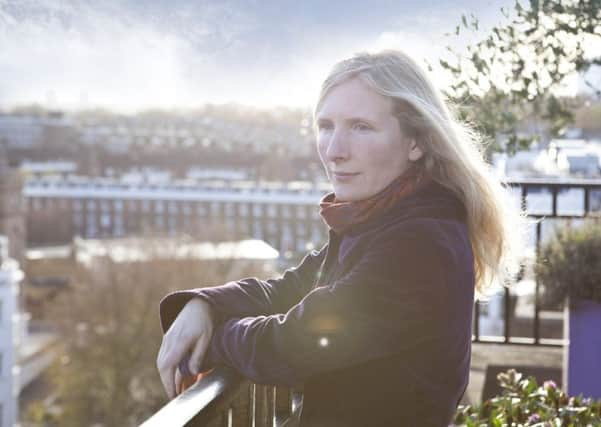Book review: The Western Wind, by Samantha Harvey


It’s a late medieval mystery novel set in an isolated village somewhere in the English Midlands. The richest man in the village, Thomas Newman, generally regarded as a benefactor, disappears and is found drowned, though the body is swept away before it can be retrieved. The narrator is John Reve, the village priest, an intelligent, conscientious, caring man, trusted by his parishioners. He is troubled by the Dean who has been sent to urge a proper investigation of the case; he urges Reve to hear the confessions of his flock and report the murderer to him that he or she may be dealt with and disposed of before Lent begins. Several will proclaim themselves guilty; Reve, sensibly, will have none of it, though we have to wait to learn why. “What I’d neglected to tell him”, he says, early on, “was this: the murderer isn’t who you think. Who is it that invariably takes life? Death of course… Men die because they’re born to die.”
We have to wait because the story is in reverse. It begins on Shrove Tuesday and covers the three previous days. This is awkward, a bit tricksy, and perhaps irritating, for the narrator withholds what he already knows from the reader. You see the point of this structure when you reach the end, but may be confused by it until then. I would guess that Samantha Harvey intends you to be confused, or at least perplexed. Once you understand why the narrative has been structured in this way, you will recognise the author’s cleverness, and may be satisfied.
Advertisement
Hide AdHer novel is darkly atmospheric, descriptions of weather, scenery, the village and the harsh lives of the parishioners darkly convincing. Harvey succeeds in making the imaginative leap from our own secular age to one in which there is widespread certainty that this life is no more than a prelude to eternity, and a testing-ground for men and women. Meanwhile, drowning, disease and mishap are “all God’s assassins.”
Yet, despite this imaginative leap, and Harvey’s ability to conjure up a world so very different in thought and faith from the one which most of her readers will inhabit, there is something abstract or perhaps unanchored about this novel. Events are precisely dated; it is February 1491, but there seems no reason why it should be 1491 rather than 1391 or 1291. That’s to say there’s no particular sense of the late 15th century. Historians used to call the reign of Henry VII a “New Monarchy,” but Harvey seems rather to present us with an unchanging, even timeless, medieval world. The village in which the story is set is apparently in the Midlands, where it was then usual for the fields to be communally held and worked, villagers having strips in the open-field system. But here the fields seem to be owned by the rich Newman. Is his name intended to suggest a changing pattern? Perhaps, but, if so, nothing significant is made of it.
Nor is Reve himself entirely convincing. Sensibly, Harvey has eschewed any fake-antique speech, but Reve’s reflection “If anyone ever doubted God’s facility for creation, they only needed to stand for a short time and watch a few lowly men and women at work. In the dawn dark they were freeing the fallen horse…” seems to me a literary imposition on the priest, “God’s facility for creation” being the disturbing words, with their 21st century ring. It’s a pity, for the description which follows of the work being done is very good indeed, well-imagined, well-realised.
The Western Wind is then a novel by a very talented author, one which is often beautifully and evocatively written, clever in structure, and decidedly unusual. If it seems to me not quite to have come off, I’m certain that many good judges will be enthusiastic and think it a more complete success, a novel that will surely feature on prize shortlists.
The Western Wind, by Samantha Harvey, Jonathan Cape, 294pp, £16.99